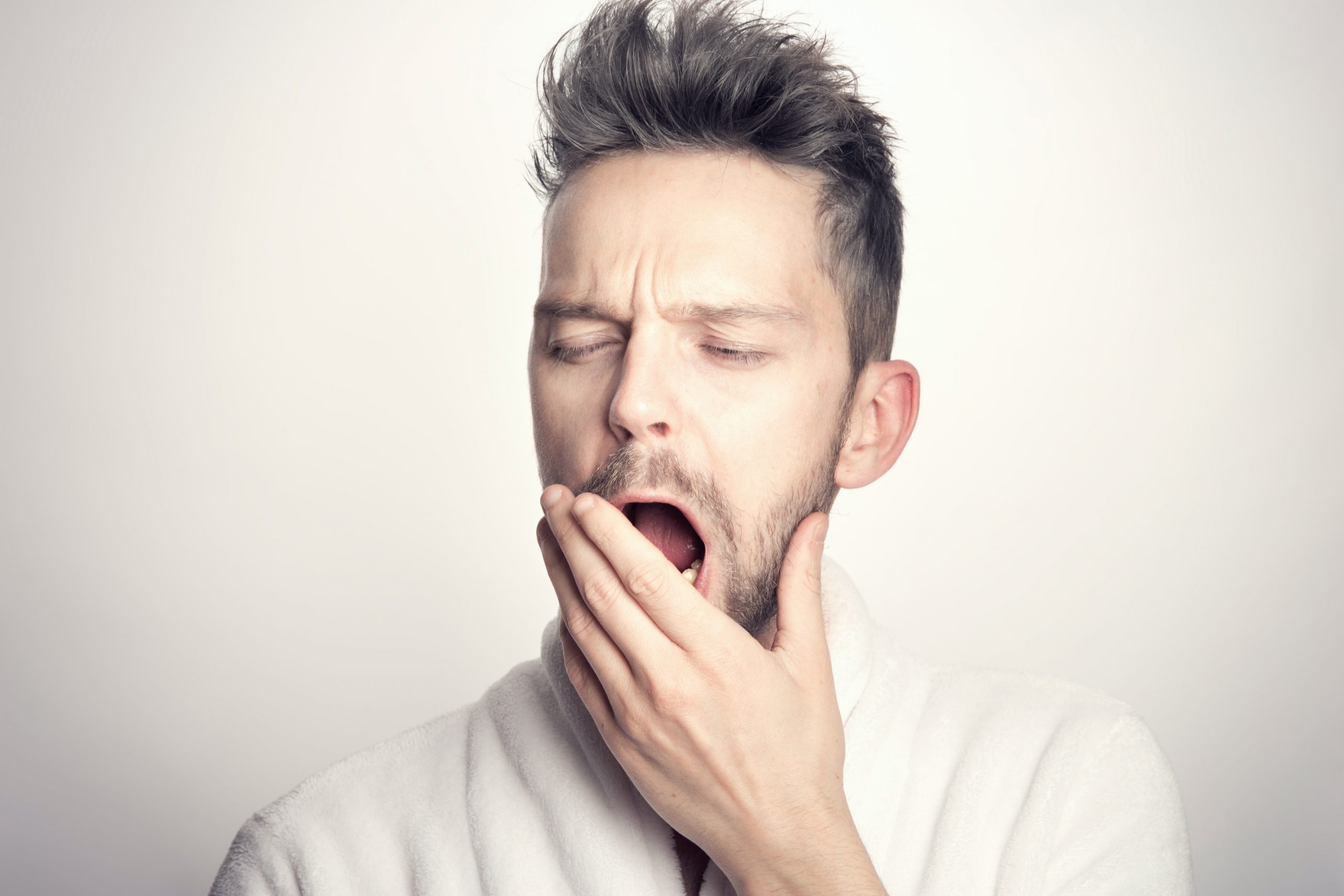No products in the cart.

Bad Sleeping Habits To Avoid
For most people, admitting their bad sleeping habits is difficult. Like all habits, we are so used to them and don’t think that something that is already part of our life can affect us so negatively. But sleeping and getting a good night’s rest at the same time is something that is not achieved by just lying down and closing your eyes, it requires some effort on our part. It’s known that modifying routines is not easy, but we assure you that if you manage to avoid any of these, your sleep hygiene will improve exponentially.
Before naming the bad habits you should avoid, it is worth briefly clarifying what we mean when we talk about sleeping habits. It is not simply a matter of the time you go to bed each day, the hours you spend sleeping or in which position you do so. Although these factors do have an influence, there is a whole ecosystem around sleep that must be taken into account if you want to get a good night’s rest, and this includes: physical parameters (temperature, light, noise), what you eat and drink before going to sleep, what activities you do… In short, a wide range of circumstances that at their best will lead to sweet dreams and at worst to nightmares – or long nights of insomnia.
Eating Too Late
Having dinner before bed is a direct ticket to nightmares, especially if you eat too much. The reason is that the body needs enough time to digest the food, and that process is best done when you’re active. Also, lying down while digestion can cause heartburn, as stomach acids are easier to get up into the throat without the help of gravity to keep them in place. If you want to prevent food from interfering with sleep, eat at least two hours before. And if your body craves a snack, choose milk and cereal, as they are processed quickly.
Intense Exercising Before Bed
Although exercising every day is good practice in getting a good night’s rest, doing it just before bedtime has the opposite effect. When you exercise intensely – like going to the gym or running for a while –, your body naturally produces stimulating substances such as adrenaline and endorphins, the effect of which can last for hours. In addition, exercise increases body temperature, a contraindication for sleep. If you still want to move your body a bit at night, try something more relaxing like yoga.
Keeping Your Bedroom Too Warm
The ideal temperature is between 60ºF and 70ºF (15.5ºC and 19.5ºC), and should never go below 53ºF (12ºC) or rise above 75ºF (24ºC). The body needs low temperatures to start the sleeping process, because once you put the blankets down, your own heat is sufficient. Have you ever woken up suddenly sweating without knowing why?
TV Screens & Phones
Watching a movie, playing a video game or even worse, checking your phone when you’re already in bed are all big enemies of sleep. And for various reasons. The physical one: the blue light emitted by electronic devices is a stimulant that inhibits the release of sleep-inducing hormones. Psychologically, we’ve accustomed our brains to paying constant attention to updates on the mobile phone screen, so having it within reach at all times unknowingly puts us on alert, preventing us from reaching deep sleep. Swap the screens for a book before you go to sleep, and you’ll see the effect for yourself.
Inconsistent Schedule
You may think that not getting enough sleep on weekdays can be solved by sleeping late on weekends. But that’s not how your body works. Consistency is key to being able to fulfil almost all other sleep habits, since the body gets used to receiving the same stimuli every day and already anticipates the arrival of sleep time, making this much easier.
Do you have any of these bad sleep habits? If so, while you try to change your routines, you can try using an SLOUCHEE to get a total disconnect and achieve maximum relaxation.



Leave a Reply
You must be logged in to post a comment.